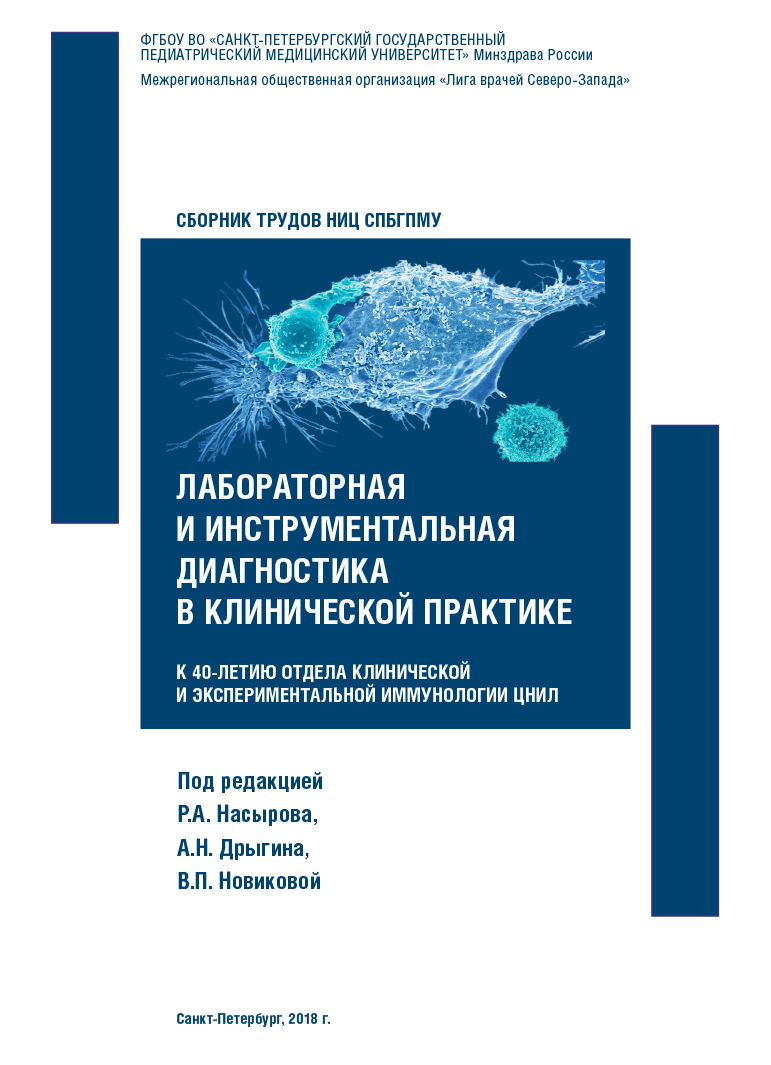IMMUNOLOGICAL DIAGNOSIS IN CROHN’S DISEASE IN CHILDREN
Abstract
The immunological diagnosis in children with Crohn’s disease was carried out. Immunophenotyping of lymphocytes was performed, the concentration of immunoglobulins of IgA, IgM, IgG, IgE classes in blood serum and circulating immune complexes was studied. Concentrations of autoimmune antibodies ASCA IgA and IgG, ANCA MPO, ANCA PR3, ANA, DNAds, DNAss were diagnosed. As a result of the immunological examination of children with an established diagnosis of Crohn’s disease, a number of signs of autoimmune aggression were found. Detection of hyperimmunoglobulinemia indicates the activity of the immune chronic inflammatory process. Atypical antigenic stimulation through the inflamed parts of the intestine creates prerequisites for a cell-mediated immune response with excessive activation of T-helpers. Immunological diagnosis in Crohn’s disease is necessary to assess the severity of the disease, optimize differential diagnosis, determine the prognosis and selection of individual immunocorrecting therapy.



